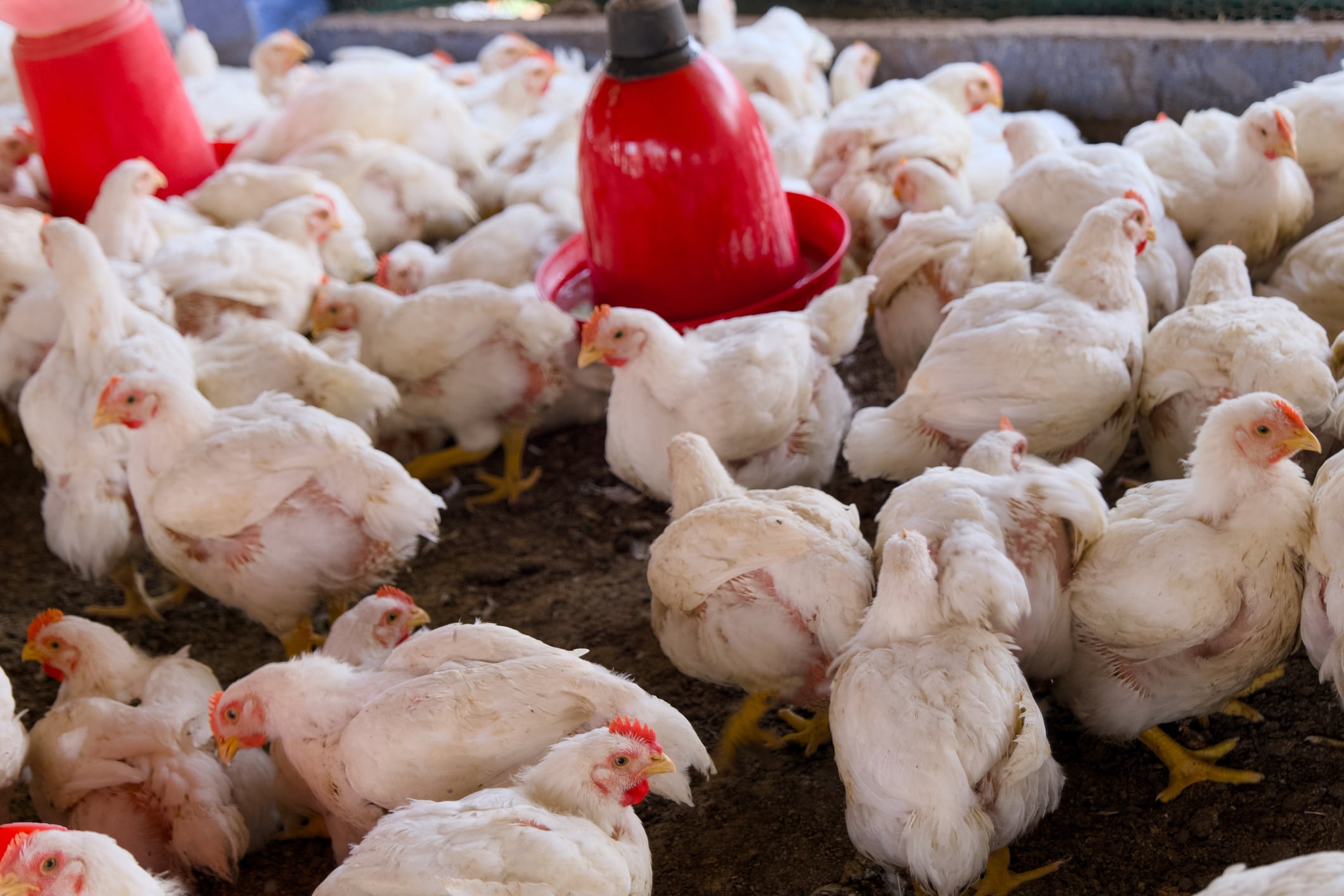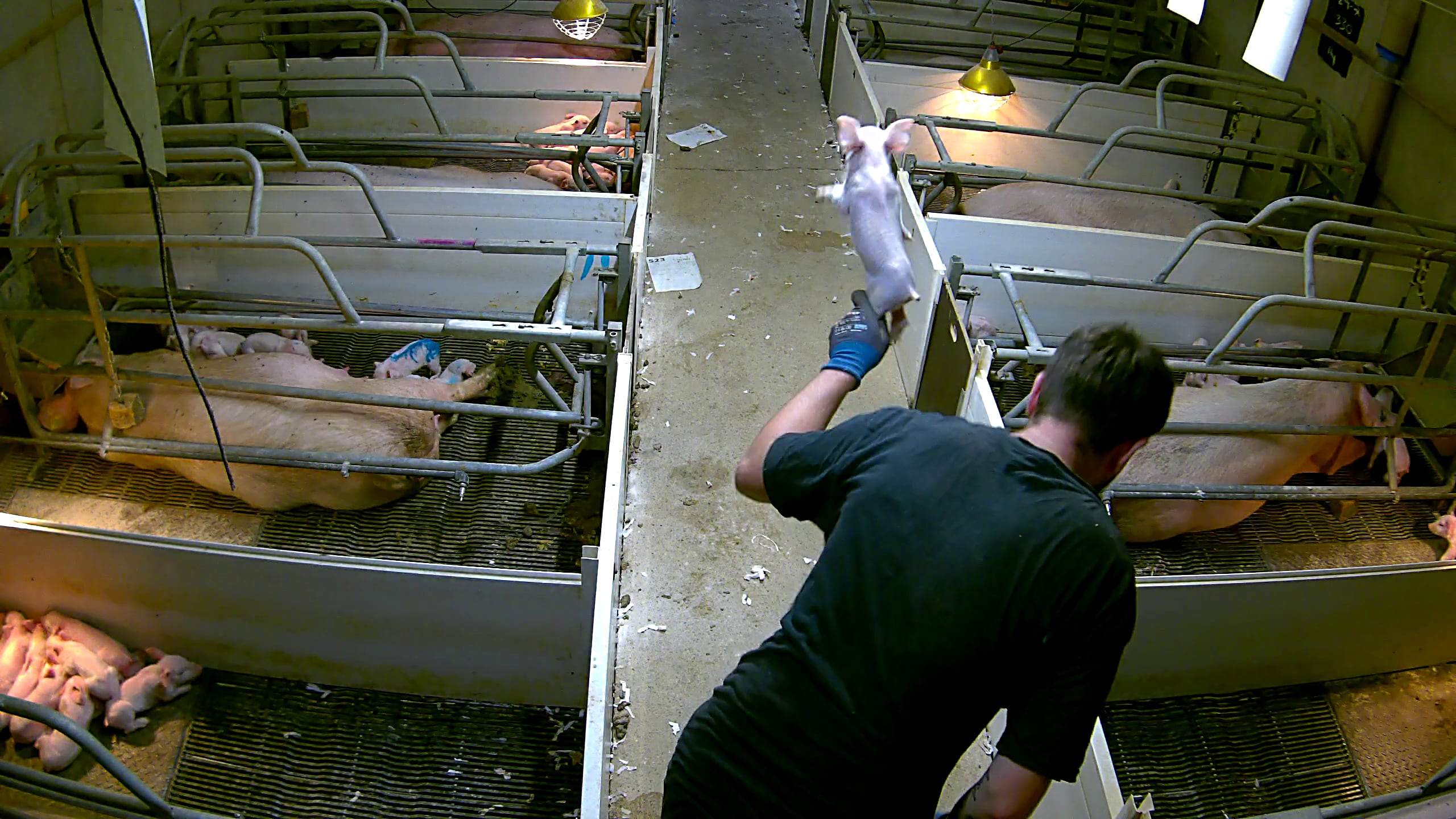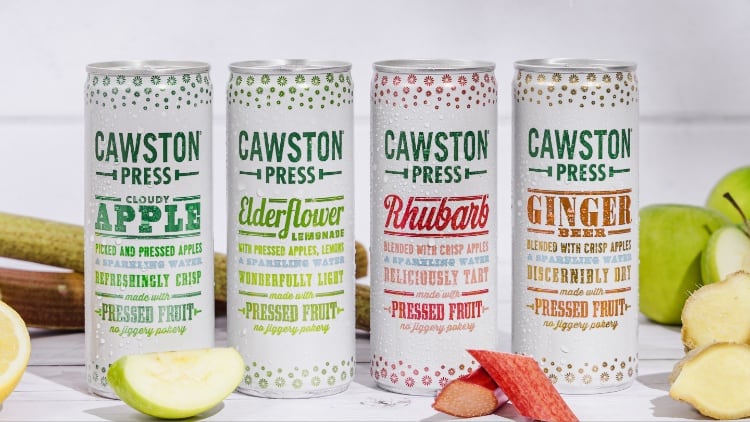White Rabbit was born in 2015, after Nick Croft-Simon met Italian chef, Matteo Ferrari, while they were both working at The White Rabbit pub in Oxford.
With Ferrari working his magic in the kitchen, the pub quickly became well-known for its pizza. However, it was only when customers began requesting gluten-free pizzas that Ferrari and Croft-Simon spotted a major opportunity and the pub soon became rated as a No. 1 pizzeria on TripAdvisor, selling 2000 pizzas a week.
“A gluten free diet can often make people feel excluded from an eating occasion, but Italian food – especially pizza - is all about bringing people together – we realised that developing a quality gluten free pizza was the perfect way to solve that problem,” Croft-Simon told Food Manufacture.
“While we were researching the best ways to perfect our gluten-free base in the pub, we noticed the complete lack of gluten-free pizza options in the grocery space and this planted the seed for us to start a retail business.”
The pair spent the best part of 2014 and 2015 experimenting with different recipes in the pub kitchen with the help of feedback from customers. This process was accompanied by regular trips to Italy to source ingredients
“It took about 18 months to develop a recipe we were happy with, and by the end of 2015 we were pitching to retailers,” Croft-Simon explained.
“Our first listing came with Planet Organic in early 2016 and then our first supermarket listing came in 2017, when our pizzas were stocked by Sainsbury’s.”
Today, White Rabbit produces its range of pizzas and sides out of its own dedicated bakery in Oxford, while it also has a commercial office in London. Philippa Farrow,the owner of the White Rabbit pub, the place where it all began, also sits on the firm’s board.
Building capability
The first White Rabbit pizzas that hit shelves in January 2016 were handmade made by Ferrari. Given the ambitions of the brand’s founders, this was clearly unsustainable, but they were also determined that their pizzas could not lose the artisanal quality that set them apart.
“We have spent years developing bespoke, custom-made machinery that is completely unique in the category to achieve craft authentic gluten free Italian food at scale,” recalled Croft-Simon.
This process has involved significant investment and has, according to Croft-Simon, been a “journey”. In January, White Rabbit invested in a bold re-brand and a major upgrade of its dedicated bakery,
“There have been ups and downs along the way, but we are so happy with where we sit today,” he continued.
“Not many startups have their own manufacturing, but for us this was fundamental because no one else could make the product the way we wanted to. If we are going to be committed to compromise-free quality, we had to manage that process ourselves.”
Prioritising innovation
While pizza remains central to the White Rabbit offering, the brand has continued to prioritise innovation and look for new ways to serve its customers.
“We want to provide gluten free options for every meal occasion,” Croft-Simon said.
“Innovation is crucial in this space because the choices are so limited out there. Our range now also includes fresh pasta, focaccias and garlic breads, as well as desserts like tiramisu and snacks like biscotti.”
Beyond new products, White Rabbit has maintained an emphasis on improving its existing range. For example, Croft-Simon explained that it was the first brand to introduce gluten-free sourdough.
“Sourdough is fundamental to an authentic pizza taste and we don’t want gluten-free consumers to miss out on that,” he added. This is what we are all about as a brand – pushing the boundaries for the category and constantly evolving to remove the compromise from gluten-free food.”
Looking ahead, Croft-Simon said that he wants the brand to lead the gluten free category from an innovation standpoint and redefine “what good looks like”.
“This also includes not charging an additional premium for gluten-free - we benchmark against other premium mainstream pizza brands in the space to ensure our customers aren’t paying more for a White Rabbit pizza just because its gluten-free.”
Managing allergens and challenges
For firms that specialise in gluten-free products like White Rabbit, ensuring that your products are safe for people with coeliac disease and gluten allergies is critical.
“We operate a 100% dedicated gluten-free site and our operation is audited by Coeliac UK to ensure we are full compliant,” Croft-Simon explained.
The strict gluten free manufacturing process adds another layer to the pressures of a competitive market defined by the cost of living crisis and low levels of consumer confidence.
“Being a small manufacturer inevitably comes with lots of challenges from a cost perspective, but honouring our commitment to quality and value in difficult times has been fundamental to cementing our position as one of the fastest growing brands in the total pizza market,” Croft-Simon said.
“Bakeries are expensive to run and this has been exacerbated by rising input costs. However, we know that premium brands retain customers if they demonstrate that their products are worth it.
Meanwhile, gluten-free is the fastest growing dietary segment in the UK, with Nielsen data showing that gluten-free substitutes accounted for £710 million in sales in the year up to January 2025, a 2.9% year-on-year increase.
“One in five UK households now has a gluten-free member, while 60% of gluten-free consumers eat different evening meals from their families,” added Croft-Simon.
“Therefore, the opportunity to bring everyone around the table with compromise-free gluten-free food is huge.”
Asked about his plans for the future, Croft-Simon said that “White Rabbit will always be led by the food”.
“We want to be recognised as the benchmark in gluten-free and proving that people shouldn’t be expected to compromise in any way,” he added.
“Foodservice and export markets certainly represent opportunities for growth too, because gluten-free options in restaurants are often limited. Ultimately, we want to get White Rabbit pizzas in the hands of as many people as possible.”





